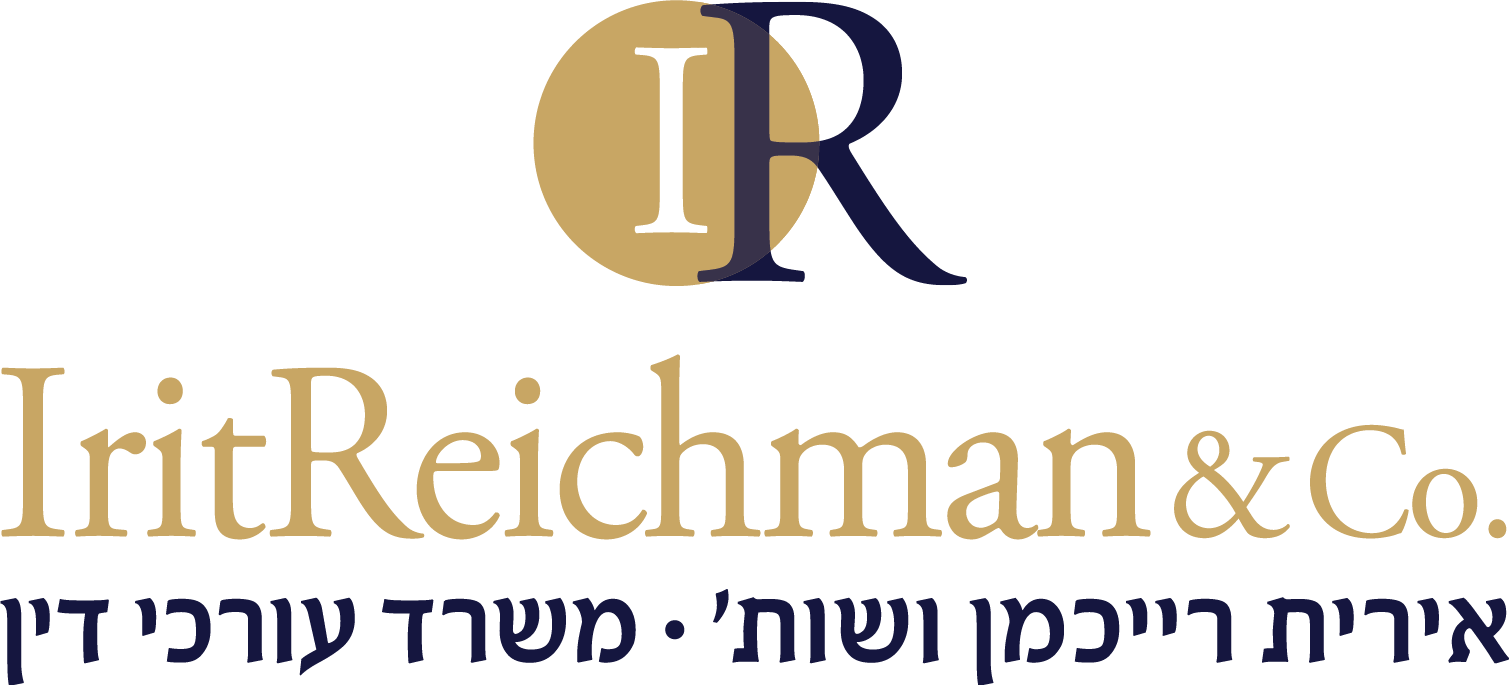Is your business, in practice, a family business? How can you ensure that business activity will accurately reflect the family situation under all circumstances?
Is the business you run, or are partnered in, a family business for all intents and purposes? And if it is, are you aware of the legal ramifications? How can you ensure that, in practice, the business’s state of affairs will accurately reflect the family situation, no matter what?
Many business people are unaware that the business they’re running, the one in which they invest all their time, energy, and capital, is actually a family business and subject to all implications that this category implies. It is therefore a good idea to understand when a business is legally defined as a “family business.” It’s no secret that the general principle of partnership and the laws applicable to financial relations between married couples, enacted in 1973, determined that both spouses are considered partners in all resources accrued during their time together. Exceptions apply to specific circumstances of each case.
Thus, it is very possible that the business owner who holds all the company shares, in practice owns only half of the shares, as the other half belongs to the spouse, even if the spouse’s shares are not registered in his/her name with the company registrar. That is, unless the two previously signed a financial agreement separating their assets.
In such a situation, the fact that both spouses have an equal share in a business makes that business a family one, and this can have a decisive effect on how the business is run. For example, should a disagreement between the spouses occur, one side – and not necessarily the side that is actively involved in the business’s day-to-day management – has the potential to critically impact the business, such as by demanding the dissolution of the partnership and/or by demanding profits and/or by demanding to become a partner in business decisions.
Another consequence we often see, related to business owners’ bequests. When a business owner leaves his or her shares to someone, the business articles of incorporation must be checked to make sure they are aligned with the business owner’s last will and testament. At this point, other family members enter the equation – children, siblings, and so on – all of whom have expectations regarding the conduct of the business after the owner passes away.
The relationship you have with your family is often the most significant relationship in your life. It is therefore important to give your full attention to preserving the sensitive family fabric by using the right legal tools to ensure that your family and your business – an enterprise you’ve spent a lifetime building – continue to benefit from many more harmonious years together and independently of one another.
*None of the above should be taken as legal advice and/or serve in place of legal counsel.
**The writer, Irit Reichman, attorney, arbitrator, and notary public, is the founder of Irit Reichman & Partners, a law firm specializing in family law, bequests, and family businesses. It has been ranked for several consecutive years as the leading law office specializing in family law and bequests by the Dun’s 100 business ranking.







